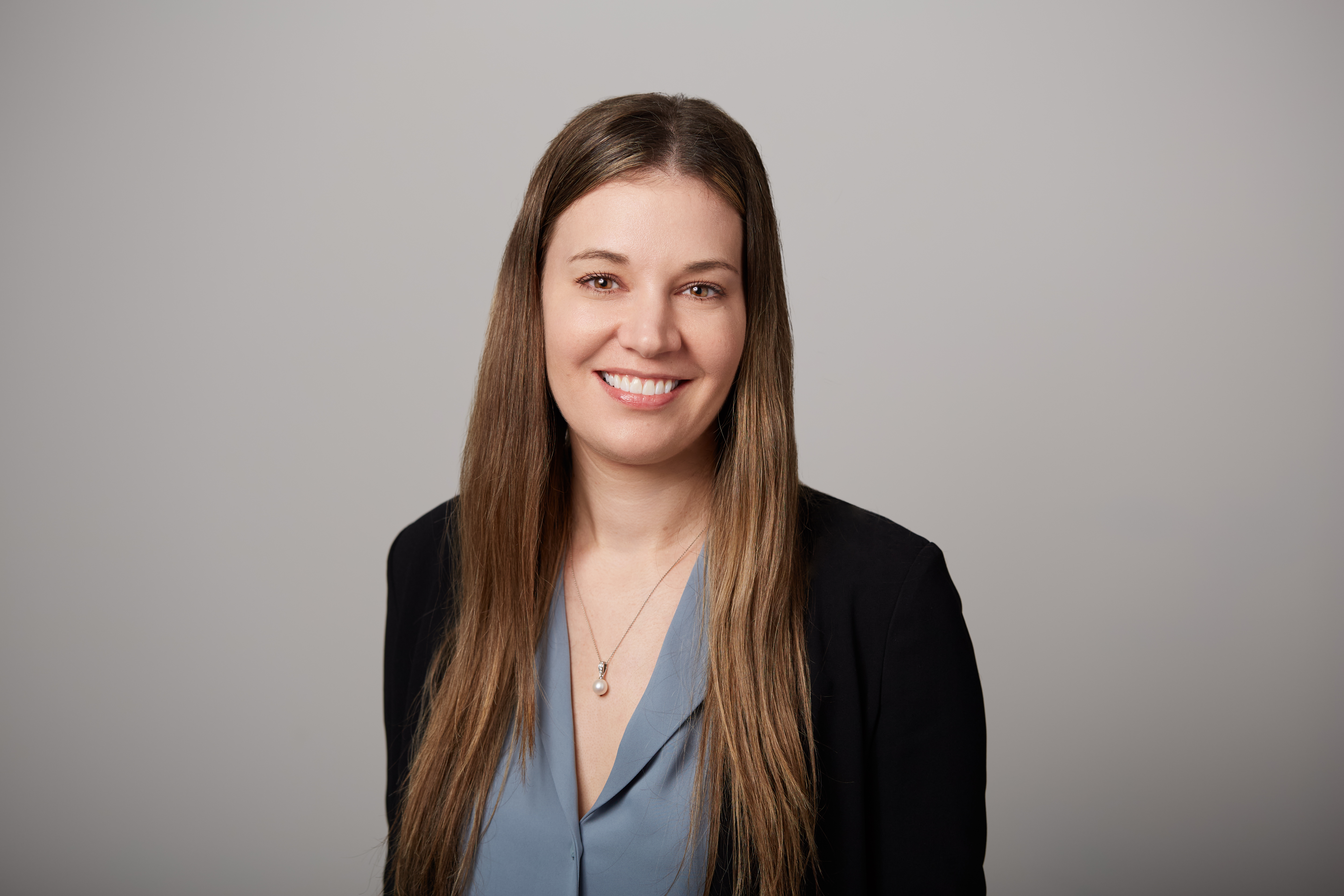U of A’s Alumna Sarah Ford: Investing in Sustainable Education

Sarah Ford’s journey into the world of sustainability began when she graduated from the University of Alberta in 2009 with a business degree in accounting. After joining Deloitte in 2010 and working toward becoming a Chartered Professional Accountant, her career seemed set on a traditional corporate path. However, her trajectory started to shift during her time at Deloitte from 2013 to 2016. “It was the first time anybody really started to talk about sustainability,” Sarah recalls. She was immersed in emerging initiatives, and her interest in sustainability grew from there.
When Sarah returned to Canada in 2016 and settled in Vancouver, she pursued her Chartered Financial Analyst designation and joined Sandstorm Gold, a company investing in mining ventures with a focus on sustainability. “At Sandstorm Gold, we don’t just invest in mining companies; we invest in responsible practices,” she explains. This experience solidified her passion for sustainability and her desire to foster the next generation of leaders in this critical field.
Sarah’s commitment to effecting change through education led her to offer financial contributions to the University of Alberta’s Certificate in Sustainability program. “Supporting students in this field is a way to invest in a future where sustainability isn’t just a buzzword, but a guiding principle,” she says. Her financial contribution will support students enrolled in the certificate program for one academic year, over the course of five years, providing them with the resources they need to pursue their passion for sustainability and make a tangible impact in their fields.
The Certificate in Sustainability is an undergraduate credential that focuses on pressing human and environmental issues such as climate change, food security, renewable energy, biodiversity, and social inequality. This embedded certificate allows students to seamlessly integrate sustainability into their current degree programs without requiring additional credits. Through experiential learning and integrative projects, students tackle real-world challenges, gain a competitive edge in the job market, and access professional development and networking opportunities.
For Sarah, the evolving nature of sustainability education is important. She believes scholarships play a key role in empowering students and recognizes how transformative direct support can be on their academic journeys. “In the coming decade, I foresee sustainability becoming integrated into every aspect of education,” she predicts.
Sarah Ford’s perspective highlights the importance of adaptability and lifelong learning as we face the challenges and opportunities in today’s evolving workforce.
